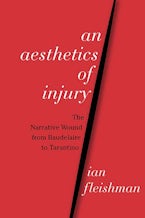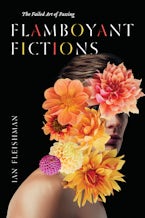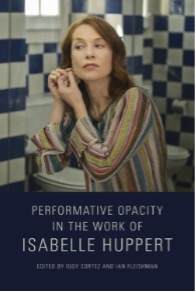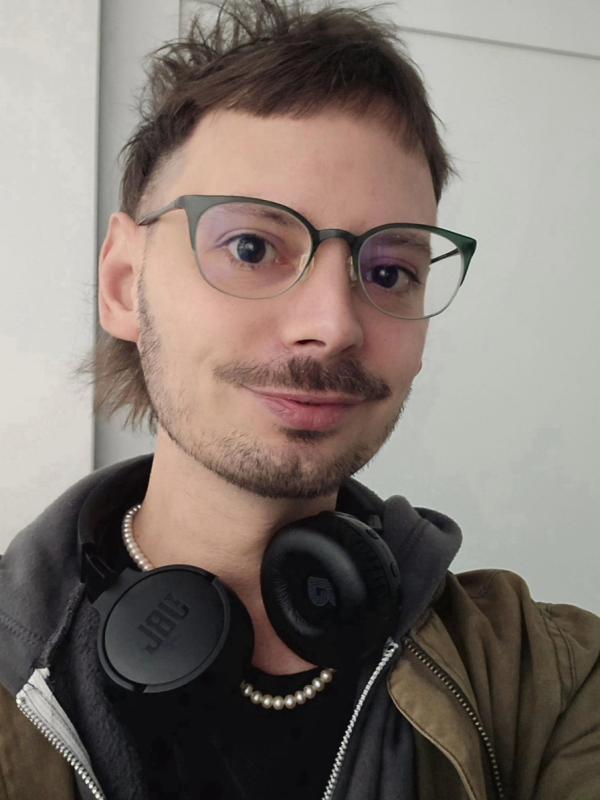Ian Fleishman is the inaugural Chair of the new Department of Cinema & Media Studies and an Associate Professor in the Department of Francophone, Italian & Germanic Studies. He is also affiliated with the Programs in Gender, Sexuality & Women’s Studies, Comparative Literature & Theory and the Penn Program in Environmental Humanities. He has published widely on subjects ranging from the Baroque to contemporary cinema and moving-image pornography.
His work focuses largely on sex and violence in order to trace the evolution of narrative form and its underlying epistemological shift from modernism to the postmodern. His first book, An Aesthetics of Injury: The Narrative Wound from Baudelaire to Tarantino (Northwestern, 2018) was the winner of the Northeast Modern Language Association Book Award. Examining representations of the open wound, this volume exposes injury to be an essential aesthetic principle of twentieth-century narrative in the works of ten exemplary authors and filmmakers. He has recently completed another monograph, entitled Flamboyant Fictions: The Failed Art of Passing, which investigates formal experimentalism as an expression of sexuality in order to map queer strategies of storytelling in, among others, Jean Genet, Rainer Werner Fassbinder, Werner Schroeter, François Ozon and Xavier Dolan.
Other work in progress includes a book project excavating and critiquing ethno-ecological utopianism in visual culture, treating phenomena ranging from Hitler Youth film propaganda to promotional materials for Franklin Delano Roosevelt’s “Tree Army” and from French and German gay pornography to transatlantic new wave cinemas. Along with Iggy Cortez, Ian has recently finished editing a collection of essays on Performative Opacity in the Work of Isabelle Huppert, which appeared with Edinburgh University Press in May 2023.
Since coming to Penn, Ian has primarily taught film, philosophy and culture. In 2017-2018 he represented Penn as Visiting Professor to the Berlin Consortium for German Studies at the Freie Universität Berlin, where his classes treated queer German cinema and representations of Berlin in German-language film. He has twice been affiliated with the Institute for Cultural Inquiry in Berlin.




